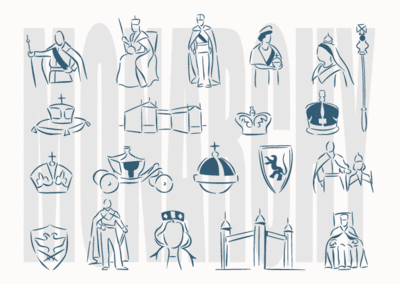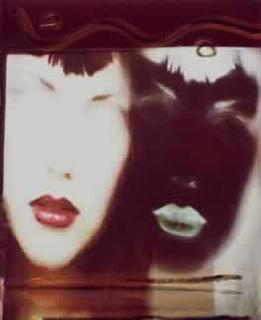
I stand neutral, but that is the neutrality of a democrat. And my observations of shifting moods on the same topic are those of a political scientist. And the moods sure have been shifting.
I feel the need to address this issue, because the Gagan-Girija imbroglio has brough it to the forefront like nothing before within the democratic camp. (Girijaspeak: When Republicans Are Royalists, 5 Steps To Democracy)
What do I mean by the neutrality of a democrat?
Gagan Thapa and the likes of him can be as republican as they might want to be. I greatly respect his commitment to the democratic cause. He has fast been emerging the very face of the movement. Freedom of thought and expression is a fundamental human right. Gagan has it. This is where Girija's commitment to the democratic spirit is suspect. His track record of playing foul by republicans like Gagan is a disservice to the cause of democracy. Girija does not have to share the sentiment, but he has to defend Gagan's right to be republican. And if cadres vote for Gagan, then so be it.
That umbrella I have for Gagan, I also have for the Maoists. If they are republicans, then so be it.
But then that umbrella also extends to all Nepalis. A poll from late 2004 shows a 60% support for a Constitutional Monarchy. I doubt the figures remain that high after 2/1 because what the country has right now is an Absolute Monarch. And the slide will likely continue. But whatever the figure, whatever the slide, or lack thereof, there is no escaping a Constituent Assembly.
If such an Assembly retains a Constitutional Monarchy, I sure am not going to have a heartburn. And I h
 ave full confidence an avowed republican like Gagan will respect the wish of the people. And I believe I have the best plan for a future form of such a Constitutional Monarchy. (Proposed Constitution)
ave full confidence an avowed republican like Gagan will respect the wish of the people. And I believe I have the best plan for a future form of such a Constitutional Monarchy. (Proposed Constitution)A very small minority sentiment in the country - like 5% - is for an absolute monarchy. My "umbrella" covers also those people. Kirti Bishta, Tulsi Giri, Sharad Shaha - the Nepali Rasputins - all belong in that group. Through his ridiculous interpretations of the Article 127, King G has also shown his sentiments fall in that camp, his fantassies fall in that camp. I mean, Article 127 was supposed to have been like the appendix, there but unused. Instead he has ruptured that appendix.
I consider it my democratic responsibility to protect those with republican sentiments.
All three camps have been in the wrong at various times, in their various postures. But that does not mean all three are equally responsible. The king is primarily responsible, because he is the chief executive. And my natural allegiance of course is with the democratic camp.
I think the ideological stances on the question of the monarchy become less and less relevant over time. It is going to be more about shifting moods among the people. The movement has been gathering obvious momentum. The snowballing is happening. The king's orchestrated, cheerful photo opportunities do not deceive me.
If the mood shifts enough, the king is going to get his wish. The country is going to bypass the Constituent Assembly and head straight for a Democratic Republic. The rumblings can be heard.
He is set to receieve a major welcome in the form of a large protest rally when he shows up in New York on September 16. The diaspora grapevines have become live wires. A lot of organizing is going on.
In The News
- Story Gallery: Nepal, A Country On The Brink NewsDay
- King in Gaighat Himalayan Times, Nepal
- Nepal attack exposes Gyanendra Daily Times, Pakistan
- Rebel victory weakens king's hold Taipei Times, Taiwan
- King condoles Lanka FM assassination Kantipur Online, Nepal
- King Performs Puja at Dantakali Temple Himalayan Times, Nepal
- King visits Dhankuta, Dharan PeaceJournalism.com, Nepal
- US Ambassador Warns of Chaos in Nepal Voice of America
- US warns king after Nepal clash Ireland Online, Ireland
- US Ambassador Says Nepal's King Should Make Peace with Politicians Journal of Turkish Weekly, Turkey
- ‘Bush won't meet king’ Kathmandu Post, Nepal
- Nepal on softer ground under King's rule Islamic Republic News Agency, Iran
- Citizens’ forum fires latest salvo at Nepal King Indian Express, India


